Marcos hails first major Australia Philippines amphibious exercise as ’extremely important’
Philippines president Ferdinand Marcos Jnr will push for more bilateral military exercises and joint naval patrols with Australia in the South China Sea when Anthony Albanese visits next month.
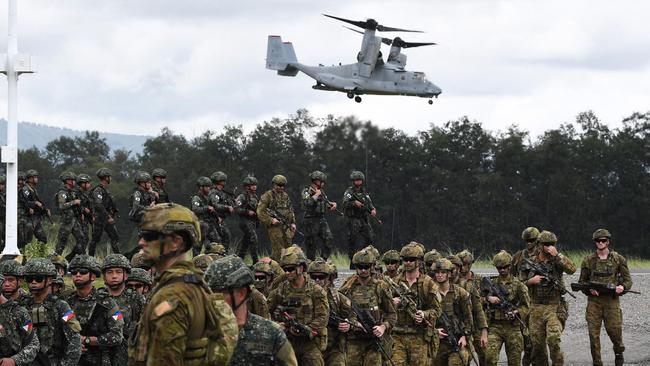
Philippines president Ferdinand Marcos Jnr will push for more bilateral military exercises and joint naval patrols with Australia in the South China Sea when Anthony Albanese visits next month, he said on Friday after troops from both nations simulated the retaking of an enemy-controlled island.
Mr Marcos hailed the first major Australia Philippines amphibious exercise as “extremely important” amid rising regional volatility, saying the two countries faced “common concerns”.
“We have many common concerns with Australia in terms of the region,” Mr Marcos told reporters as he watched the exercises with Australia’s Defence Minister Richard Marles, alluding to roiling tensions with China which is employing increasingly aggressive means to defend its disputed claims over much of the resource-rich South China Sea.
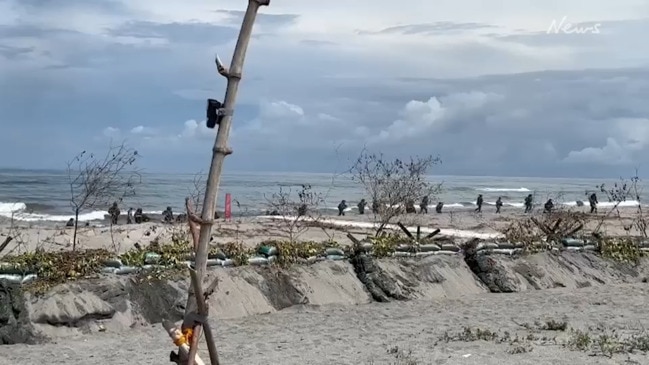
Earlier this month Chinese coastguard vessels fired water cannon at a Philippine coastguard boat attempting to bring supplies to a WWII-era garrison vessel stationed on Second Thomas Shoal in the disputed waters, prompting yet another ferocious protest from Manila.
“Considering that there have been so many events that attest to the volatility of the region, this kind of exercise, this kind of close strategic co-operation between countries around the region, is extremely important,” Mr Marcos said.
Some 1200 Australian soldiers and 560 Filipino marines stormed a beach in San Antonio, Zambales, in amphibious assault vehicles, by parachute and on US Osprey aircraft at a naval base 240km east of Scarborough Shoal. Two advanced Australian F-35 fighter jets provided close air support, and Australian warships secured the surrounding waters.
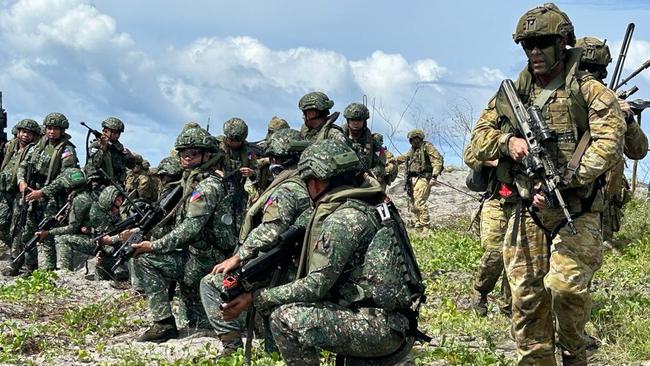
China seized Scarborough Shoal’s rich fishing grounds from the Philippines in 2012 after a tense standoff, prompting Manila to seek an international court ruling on the validity of Beijing claims to some 90 per cent of the South China Sea.
The UN-backed tribunal in 2016 found no legal basis to China’s claims, but Beijing has refused to back down and has since accelerated its militarisation of a number of disputed islands and shoals.
Friday’s military drills come a week after Australian, Japanese and Filipino troops conducted joint patrols in the area.
Mr Marles said on Friday Australia, too, was keen to stage more patrols alongside the Philippine navy in the South China Sea and “other areas of mutual interest”, and hailed the “very significantly growing defence relationship between our two countries”.
“We are committed to an idea of a world in which disputes are determined by reference to international law, and what we will do is bring our military capability to enhance the rules-based order,” he said at a joint press conference with his Philippines’ counterpart, Gilbert Teodoro.
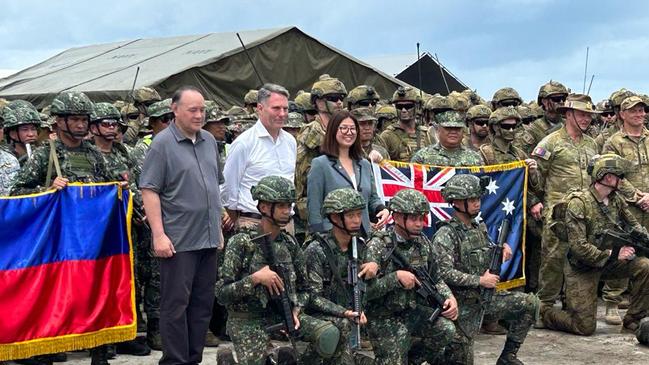
“Peace is maintained through the protection of the global rules-based order,” he said, warning that order was now “under pressure”.
Earlier, Mr Marles told ABC radio; “A whole lot of damage can be done to Australia before any potential adversary sets foot on our shores, and maintaining the rules-based order in Southeast Asia, maintaining the collective security of Southeast Asia, is fundamental to maintaining the national security of our country.”
A third of the world’s trade, including the vast majority of Australia’s exports and imports, pass through South China Sea shipping lanes.
Prime Minister Anthony Albanese is scheduled to make the first visit by an Australian leader to the Philippines in 20 years next month to discuss defence co-operation.




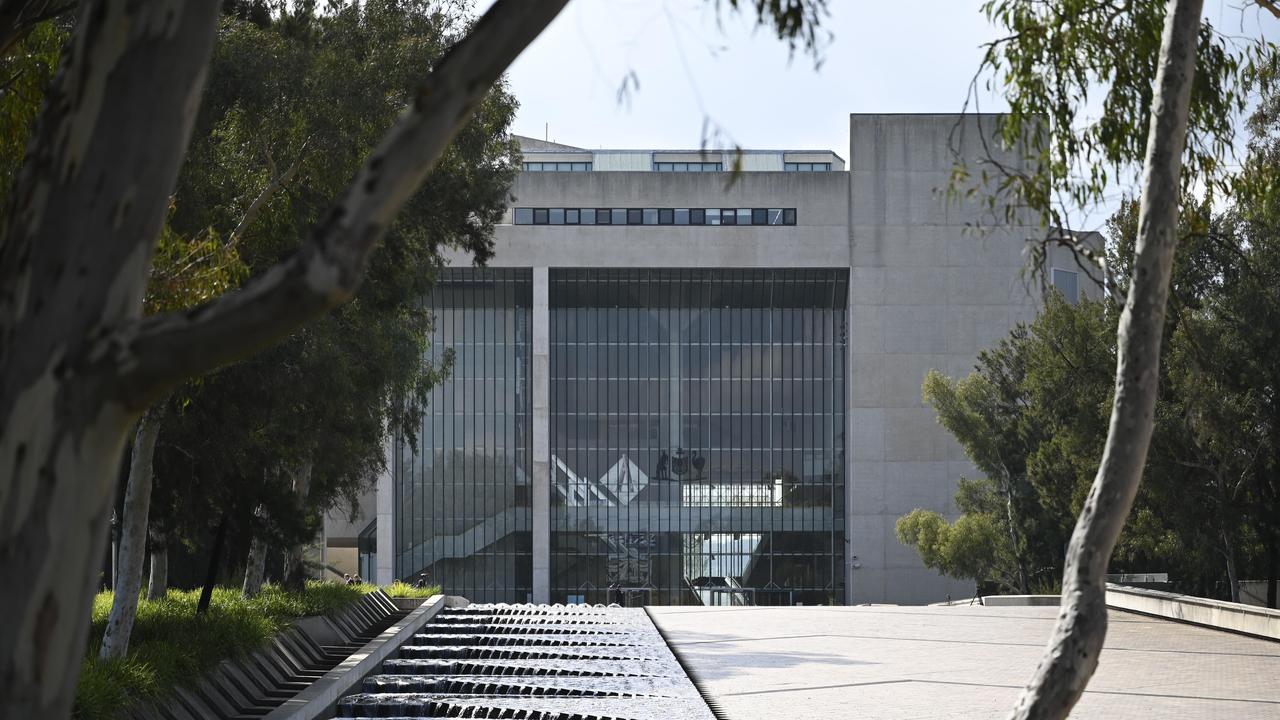
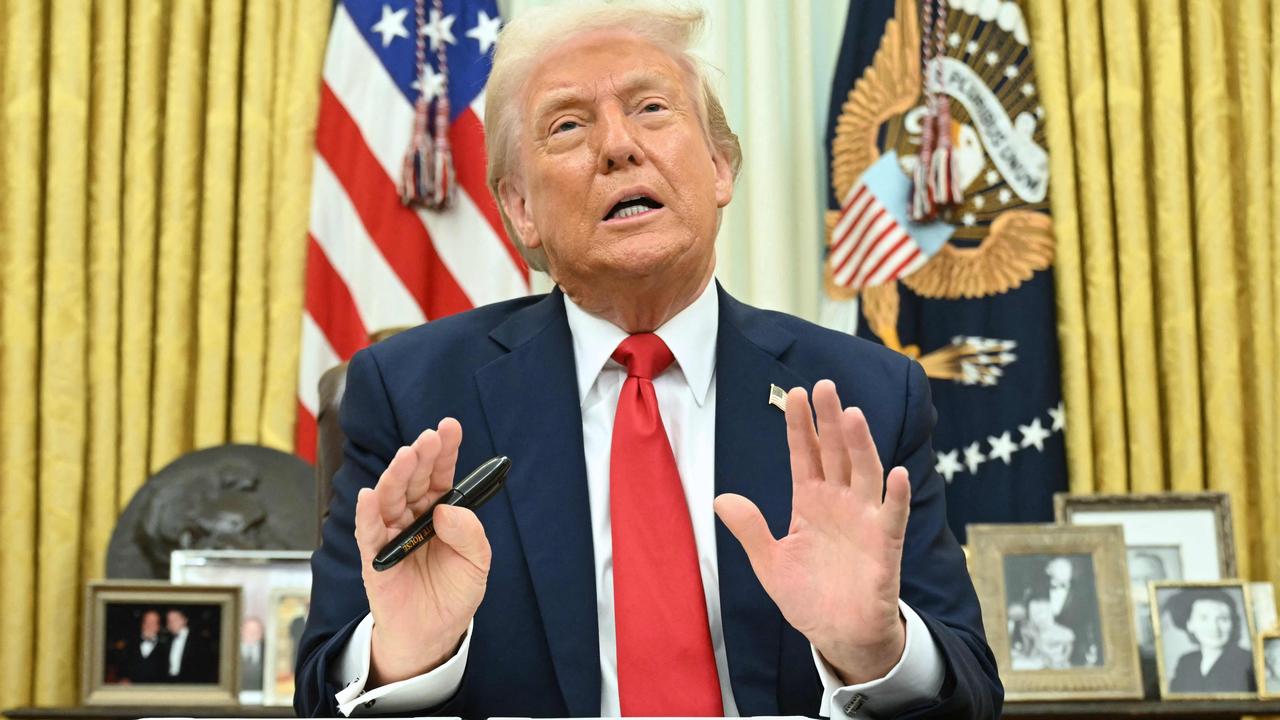
To join the conversation, please log in. Don't have an account? Register
Join the conversation, you are commenting as Logout